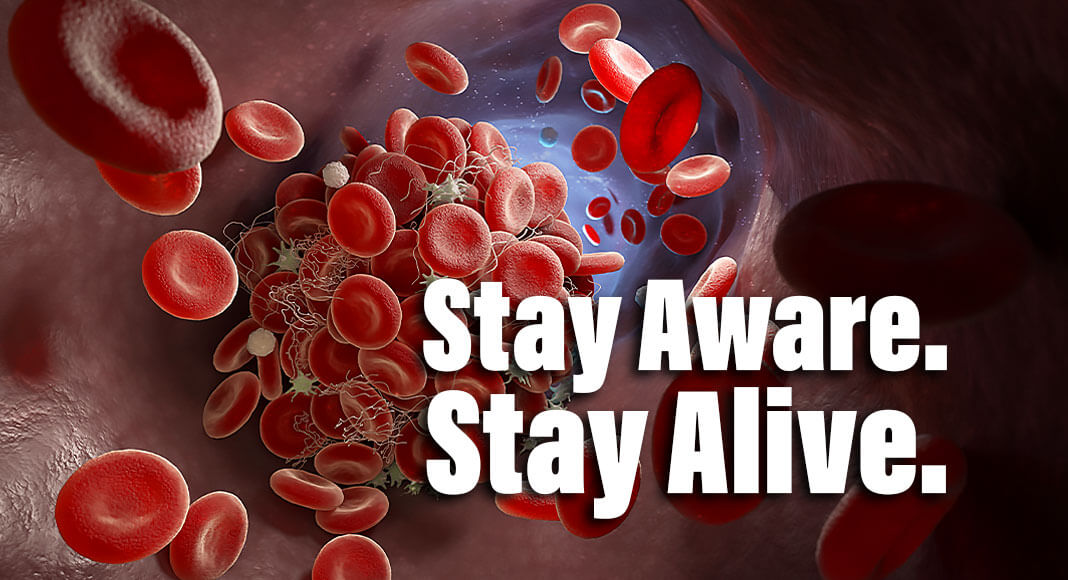
Mega Doctor News
Anyone can be affected by a blood clot regardless of age, gender, or race. Learn the signs and symptoms of a blood clot and find free resources to share with friends, family, and colleagues to help raise awareness about blood clots.
What is a blood clot?
A deep vein thrombosis (DVT) is when a blood clot forms in one of the large veins, usually in the lower leg, thigh, pelvis, or arm. A blood clot can partially or completely block blood flow in the vein. When a DVT is left untreated, a part of the clot can break off and travel to the lungs, causing a blockage known as a pulmonary embolism (PE).
Why is it important to learn about blood clots?
In the United States, an estimated 900,000 people are affected by a blood clot every year, yet they are often underdiagnosed. Blood clots can cause serious medical conditions that can lead to illness, disability, and even death if not treated early. Blood clots can affect anyone, but certain risk factors such as pregnancy, cancer and its treatment, and hospitalization can increase a person’s risk for a blood clot. It’s important to know the signs and symptoms of a blood clot so that you know to seek medical treatment as early as possible.
Knowing the symptoms of a DVT or PE can help alert you to seek medical treatment as early as possible, although they sometimes occur with no symptoms.
Common signs and symptoms of a DVT include:
- Swelling of the affected area
- Pain
- Tenderness
- Redness of the skin
If you have these signs or symptoms, alert your doctor as soon as possible.
Common signs and symptoms of a PE include:
- Difficulty breathing
- Faster than normal or irregular heartbeat
- Coughing up blood
- Very low blood pressure, lightheadedness, or fainting
Seek medical attention immediately if you experience any of these signs or symptoms.
Information Source: CDC










